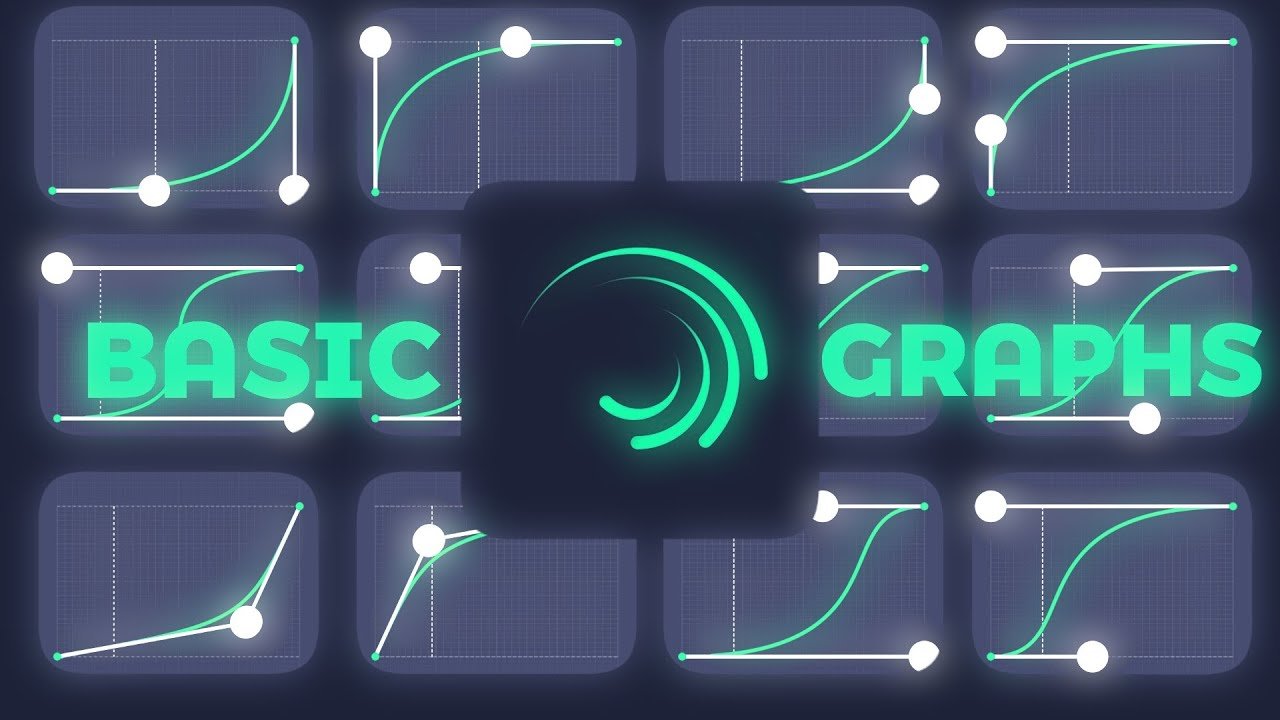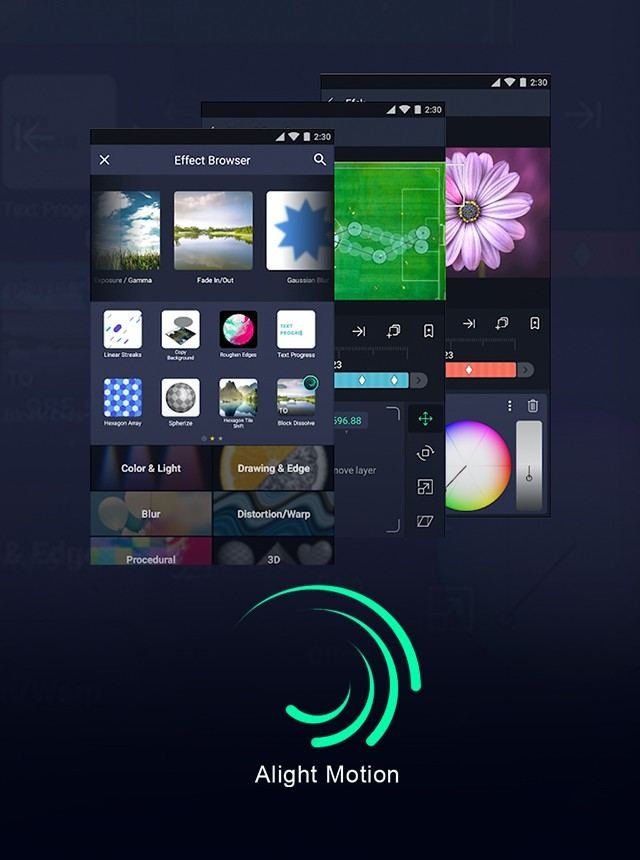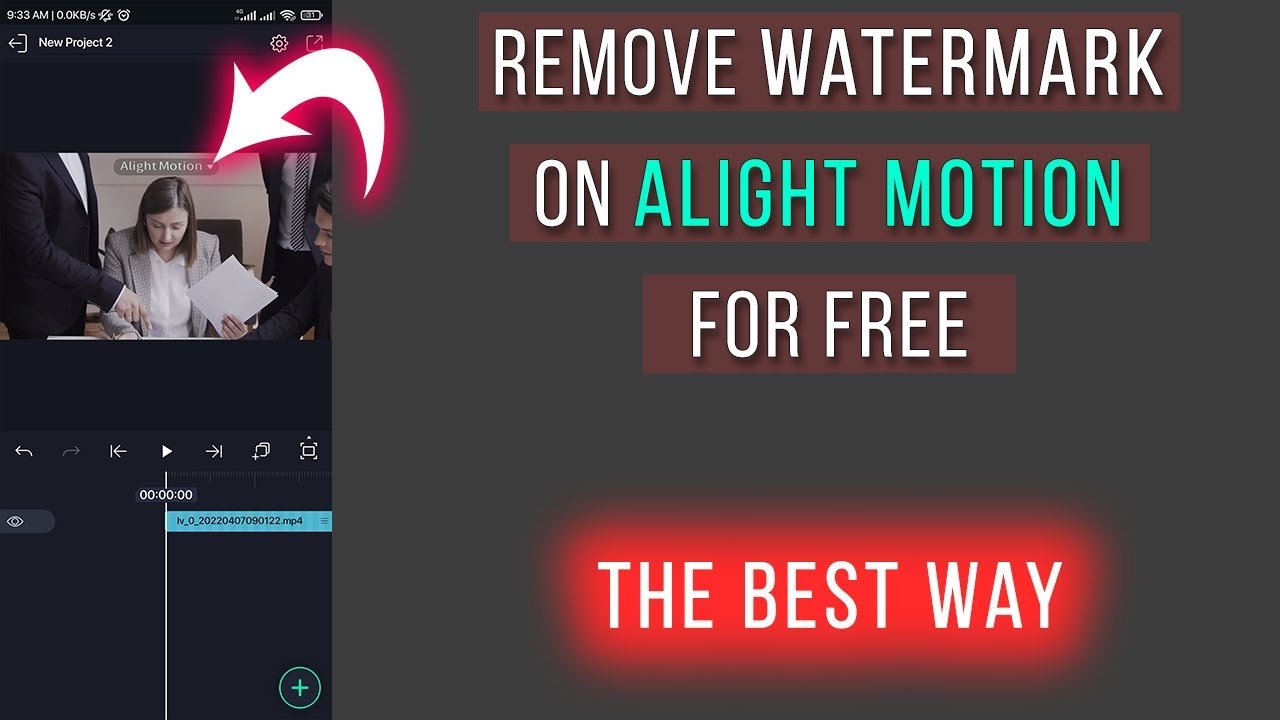If you’re looking to export faster in Alight Motion, we’ve got some practical tips for you. Begin by ensuring your project settings are optimized for speed. Adjust the resolution and frame rate to match your needs without overloading your device. Next, close any unnecessary apps to free up memory. This allows Alight Motion to run more efficiently. Finally, consider breaking larger projects into smaller segments. Exporting in chunks can significantly reduce processing time. In this article, we’ll guide you through each step to achieve faster exports, ensuring your workflow remains smooth and efficient.
Table of Contents
How to Export Faster in Alight Motion
Creating videos in Alight Motion can be an exciting and creative process. However, exporting your projects can sometimes be a time-consuming task that seems to take forever, especially when you are in a hurry. Additionally, you might be wondering how to add effects on Alight Motion to enhance your videos. In this article, we will explore practical tips and strategies to help you export your videos faster in Alight Motion.
Optimizing Your Project Settings
The first step towards faster exports is to optimize your project settings. Simple tweaks can make a big difference.
Resolution
Higher resolutions lead to larger file sizes and longer export times. If your project doesn’t need to be in ultra-high definition, consider lowering the resolution.
- Standard Definition (SD): 480p
- High Definition (HD): 720p or 1080p
- Ultra High Definition (UHD): 4K and above
Framerate
A higher framerate means more frames per second, which increases the export time. Decide on the best balance between quality and speed.
- Standard: 24 or 30 FPS
- Higher End: 60 FPS (for smoother motion)
Managing Layers and Effects
Overusing layers and effects can significantly slow down your export process. Here’s how to manage them efficiently:
Reduce Layer Count
Try to merge layers where possible. Fewer layers mean less to process during export.
- Select the layers you want to merge.
- Use the “Merge Layers” option.
Limit Effects
Complex effects like particle effects and motion blur can increase export time. Optimize by using simpler effects or reducing the number of complex effects.
Using Efficient Media Files
Large and high-definition media files can slow down the export process. Consider these tips to handle media efficiently:
File Size
Use smaller file sizes without compromising too much on quality.
- Compress video files before importing.
- Use images with lower resolutions.
Format Compatibility
Ensure that the media files you use are compatible with Alight Motion. Incompatible files require extra processing.
- Preferred Video Formats: MP4, MOV
- Preferred Image Formats: PNG, JPEG
Optimizing Device Performance
Your device plays a crucial role in how fast you can export videos. Here’s how to optimize device performance:
Free Up RAM
Close any unnecessary apps running in the background to free up RAM. This will ensure Alight Motion gets more resources.
Storage Space
Make sure you have enough storage on your device. Low storage can slow down the export process. Delete files you don’t need or move them to an external storage device.
Updating Alight Motion
Using the latest version of Alight Motion can provide you with improvements and bug fixes that can enhance your export speed.
Check for Updates
- Go to the app store on your device.
- Search for Alight Motion and check for updates.
- Install the latest version if available.
Enable Automatic Updates
Enable automatic updates to ensure you are always using the latest version. This can be done through your device’s settings.
Advanced Tips and Tricks
Once you have the basics down, try these advanced tips to further improve your export times:
Edit in Smaller Segments
Break your project into smaller segments. Export each segment separately and then combine them. This reduces the load on Alight Motion during export.
Use a Powerful Device
If you frequently work on large projects, consider investing in a more powerful device with better CPU, GPU, and RAM specifications.
Optimize Render Settings
Alight Motion gives you options for render settings during export. Choosing faster render settings can significantly cut down on export time.
- Select the “Quick Render” option if available.
- Choose lower bitrate settings for faster exports.
Exporting faster in Alight Motion involves a mix of optimizing project settings, managing layers and effects, handling media files wisely, and keeping your device in top shape. By following these tips, you can reduce your export times and focus more on creating amazing content. Happy editing!
Frequently Asked Questions
Does closing background apps improve export speed in Alight Motion?
Closing background apps can improve export speed as it frees up more memory and processing power for Alight Motion. Ensure that no other apps are running in the background to allow Alight Motion to use the maximum available resources.
Is it beneficial to clear cache before exporting in Alight Motion?
Clearing the cache before exporting can help improve export speed. Cached data can sometimes slow down performance if it accumulates over time. Go to the app settings and clear the cache to ensure smoother and faster exports.
Should I update Alight Motion for better export performance?
Regularly updating Alight Motion ensures that you have the latest performance improvements and bug fixes. Updates often include optimizations that can enhance export speeds, so keep the app updated to benefit from these improvements.
Final Thoughts
To export faster in Alight Motion, ensure you optimize your project settings and keep your layers minimal and efficient. Use pre-renders for complex animations and clear your cache regularly. Choose the right export settings and formats that balance quality and speed. Close other apps on your device to free up resources. Keep your app updated to benefit from performance improvements. By following these tips, you can significantly reduce your export time in Alight Motion.



